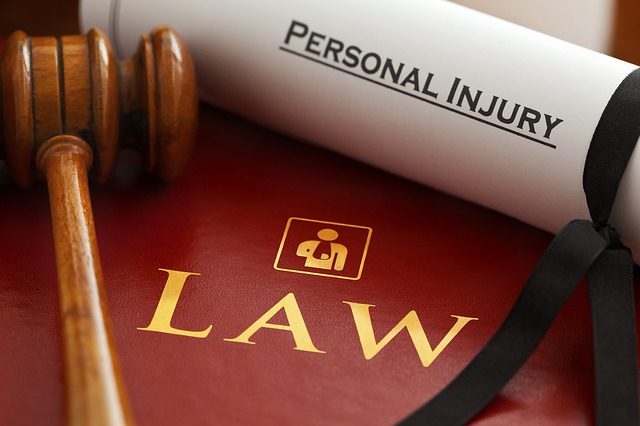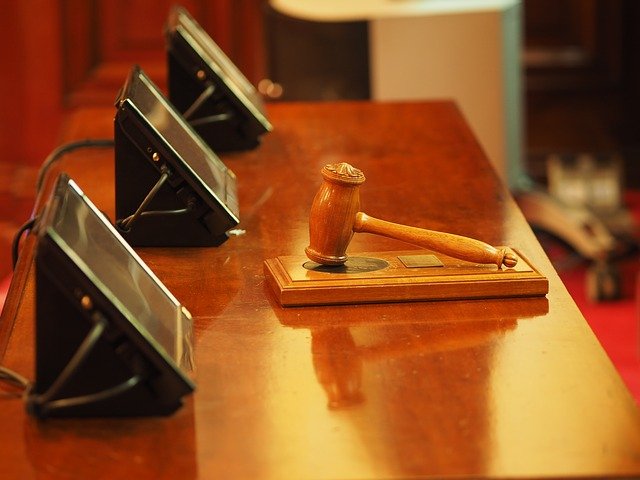When it comes to personal injury claims, there are a lot of misconceptions. For example, you might think that if someone else is at fault for your injuries, they will automatically take care of everything and you won’t have to do anything. The truth is that even if the other person was clearly at fault in an accident and agreed to pay damages, you still need to file a claim with the court system in order to get reimbursed for your medical bills and time off work while recovering from your injuries.
This article will cover how filing a claim works as well as what steps need to be taken before proceeding with any legal action. We hope this information helps!
1. What is a personal injury claim and why do I need one
A personal injury claim is a lawsuit for damages against an alleged wrongdoer in order to obtain compensation for bodily injury or death that was caused by their actions. Personal injury claims are also filed when property damage caused by the act is claimed. They are filed because of negligence, which means someone didn’t take care of what they were supposed to do (such as not giving proper instructions for an activity, maintaining hazards on the property, or offering unsafe products). It’s important to talk to a lawyer if you think you might need one so he or she can go over your case and provide you with the best next steps.
2. When should you consider filing a personal injury claim?
People usually file personal injury claims after they’ve been involved in an accident with another person or party, and they suffered damages as a result. When the accident is minor, this might involve just filing an insurance claim about it. However, when your injuries are serious enough to warrant time off work or necessitate medical care, you might consider filing a personal injury claim.
3. What is required to file a claim?
When filing a claim, you will need some documentation of the accident and your injuries in order to help substantiate your case. You should gather statements from any witnesses that were present during the accident, surveillance evidence for PIC, pictures of the damage caused, bills for medical care, and any other documentation that might help to establish your claim. It’s also important to save all correspondence between yourself and the party you are filing against – this may be in the form of emails or letters. Many times, claims can get complicated so it’s important to keep good records throughout the entire process.
4. What is the process of filing a personal injury claim?
First, you will need to mail or fax a letter to the party who injured you, detailing your injuries and how they occurred. This is called “notification of intent to file a claim” and it is required in order for you to officially file your claim. Once you have sent this letter, you will need to file your formal claim in the court system. This requires filling out a form called an “affidavit of complaint” which says who you are suing, what happened to cause the injury, and how much money is being sought for damages.
After filing the complaint, the court system will set a date for both parties to come in and meet with an “adjuster”, which is like an arbitrator. During this meeting, the adjuster will try to get both sides to reach a settlement out of court. If they do not settle, a trial may be scheduled so your case can be heard by a judge.

5. What if you can’t afford to hire an attorney?
In many cases, the court will appoint you with a free or low-cost lawyer from their list of “volunteer attorneys” in your area when you file your claim. These lawyers have donated their time to assist people who couldn’t otherwise afford their services. If your case is not eligible, there are many organizations that might be able to assist you with funding for legal representation.
6. What injuries can you file personal injury claims for
You can file a personal injury claim for any type of accident that has caused you to suffer physical injuries. It is important to get the help of a lawyer because the process can get complicated and more than just your word can be needed to win your case. Knowing what you’re getting into before starting the process is the key to making sure everything goes smoothly and without any surprises!
If you’ve been injured in an accident, it may be worth filing a personal injury claim to get compensation for your medical bills and other damages. To file the best possible case, gather statements from any witnesses that were present during the accident, pictures of the damage caused, bills for medical care, and any other documentation that might help to establish your claim. It’s also important to save all correspondence between yourself and the party you are suing – this may be in these forms: emails or letters. If you need assistance with finding legal representation but can’t afford one on your own there are many organizations available that will offer financial support so contact them if needed!






